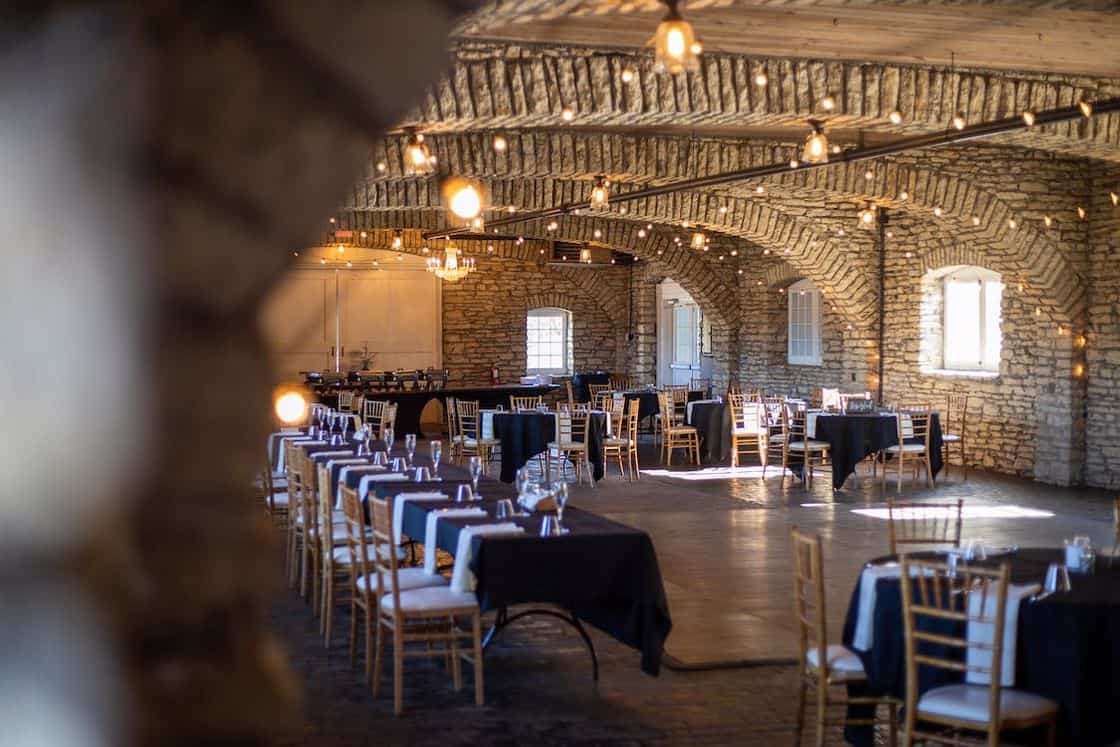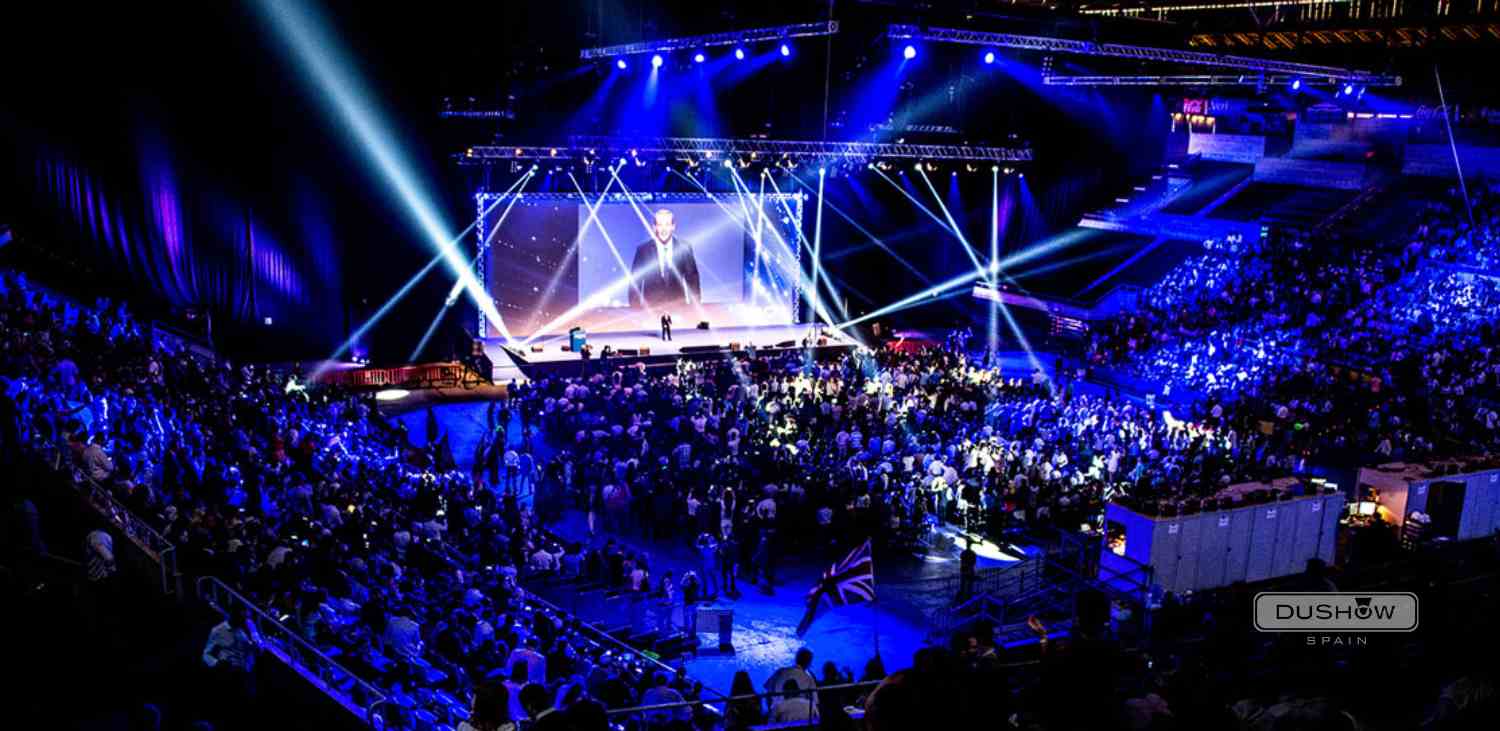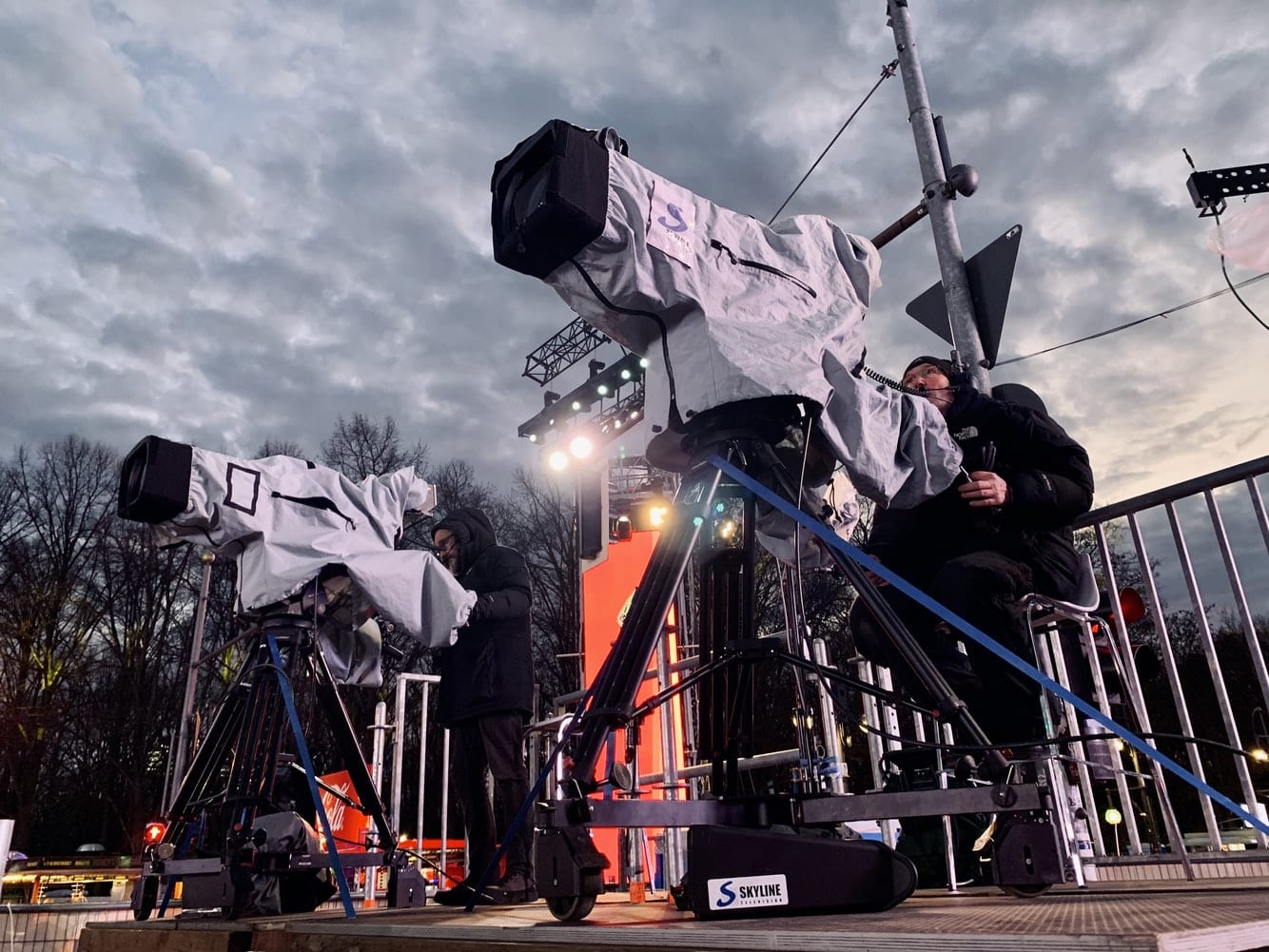Exactly How Event Production Functions: A Comprehensive Look at the Refine
Event production is a facility and organized procedure that calls for cautious preparation and execution. It begins with establishing clear objectives and comprehending the target audience. Each step, from budgeting to venue option, plays an important function in making certain success. As the process unravels, numerous components must align effortlessly. Yet, the subtleties of this detailed operation often go undetected. What are the essential stages that add to an unforgettable event?

The First Preparation Phase
When beginning on event production, careful planning is necessary to assure a successful result. The first planning phase offers as the structure for all succeeding efforts. During this stage, event manufacturers should specify the event's purpose and goals clearly. Determining the target market assists tailor the experience and messaging, ensuring importance and engagement.Producers have to likewise think about the event format, whether it be in-person, digital, or crossbreed, as this will certainly influence different logistical elements. Picking an appropriate date and venue is crucial, as it influences accessibility and availability.Furthermore, setting up a trusted group is fundamental for dividing responsibilities and simplifying communication. Establishing a timeline with landmarks assurances all jobs are completed on routine. This phase involves extensive study, including identifying potential obstacles and designing techniques to mitigate risks. Eventually, a well-structured first planning phase establishes the tone for a successful event production trip.

Budgeting and Resource Allocation
In event production, efficient budgeting and resource allocation are essential for success - event production charlotte. Developing monetary criteria establishes the structure for all succeeding decisions, while resource circulation methods assure that every element of the event is effectively sustained. Together, these elements assist preserve control over expenditures and optimize the usage of available sources
Establishing Financial Parameters
Establishing monetary parameters is essential to the success of any kind of event production, as it establishes the structure for reliable budgeting and source appropriation. This process begins with defining the total spending plan, which includes all facets of the event, including venue prices, food catering, and advertising and marketing. By determining readily available funds, event planners can prioritize expenditures and assign resources accordingly. Furthermore, it is important to carry out complete marketing research to prepare for potential expenses and identify financing sources, such as sponsorships or ticket sales. Establishing clear monetary criteria additionally help in threat administration, allowing coordinators to reserve contingency funds for unanticipated expenditures. Ultimately, a well-defined spending plan acts as a roadmap, leading the event production team in the direction of achieving their objectives while keeping financial control.
Resource Circulation Approaches
Efficient resource distribution approaches are crucial for making the most of the influence of an event while adhering to spending plan restraints. Successful event production needs a precise technique to budgeting and source appropriation. Organizers have to prioritize important components such as location, food catering, and modern technology, making certain that funds are allocated to areas that improve participant experience. A thorough budget must lay out anticipated costs and identify areas for possible cost financial savings, such as bargaining with suppliers or discovering sponsorship possibilities. In addition, tracking expenses throughout the preparation procedure aids stop overspending. By using strategic source circulation, event manufacturers can deliver a memorable experience while preserving fiscal responsibility, inevitably adding to the overall success of the event.
Venue Option and Logistics
Choosing the ideal venue is important to the success of any kind of event, as it establishes the stage for the general experience. Location option entails assessing various elements, including capacity, availability, and area. Planners need to think about the target audience and the nature of the event, guaranteeing the venue aligns with the event's goals.Logistics play a considerable duty in this procedure, entailing arrangements for seating, audiovisual devices, and catering services. A well-chosen place needs to assist in smooth circulation for guests and staff, improving engagement.Additionally, assessing prospective locations for features like vehicle parking, bathrooms, and emergency situation leaves is crucial for safety and security and comfort. The timeline for securing the place is additionally important, as prominent places might reserve rapidly - event production charlotte. Thorough preparation and timely execution can inevitably contribute to a smooth event experience, making place selection and logistics fundamental components of successful event production.
Imaginative Idea Growth
While the place establishes the physical phase, creative idea development shapes the event's identification and story. This process starts with identifying the event's function and target audience, permitting event manufacturers to develop an engaging style that reverberates with guests. Brainstorming sessions commonly include varied point of views, fostering ingenious ideas that straighten with the event's goals.Once a style is developed, aesthetic elements such as color combinations, signage, and design are created to improve the overall environment. Narration techniques may likewise be integrated to create an appealing trip for individuals, guaranteeing an unforgettable experience. In addition, factors to consider regarding entertainment, tasks, and interactive components are straightened with the selected principle, enhancing the theme throughout the event.Ultimately, efficient creative principle growth warranties that every element of the event works cohesively, leaving a lasting impact on participants and satisfying the event's goals. This fundamental work lays the foundation for subsequent preparation and implementation stages.
Collaborating With Suppliers and Vendors
Effective event production rests on efficient collaboration with vendors and distributors. Choosing reliable companions, negotiating agreements properly, and guaranteeing timely deliveries are critical actions in this process. Each of these variables contributes significantly to the overall success and smooth execution of an occasion.
Choosing Reliable Allies
Exactly how can event coordinators guarantee a seamless production experience? Choosing reputable partners is essential in achieving this objective. Event planners need to perform comprehensive research to determine vendors and vendors with a tested performance history of excellence. This includes examining recommendations, evaluating profiles, and examining consumer comments. Organizers should focus on companions who demonstrate expertise, timely interaction, and a desire to team up. Structure strong relationships promotes depend on and enables fast analytic throughout the event. Furthermore, it is helpful to choose neighborhood vendors that recognize the location and regional logistics. Ultimately, an effective event depends upon the synergy between planners and their partners, guaranteeing that every facet of production runs efficiently and successfully.
Working Out Contracts Properly
Reliable negotiation of agreements is a vital action in the collaboration between event organizers and their suppliers and vendors. This procedure involves clear interaction of expectations, deliverables, and timelines. Planners ought to carry out comprehensive research study on market prices and market criteria to establish a standard for negotiations. It is necessary to produce a Find Out More collaborative ambience, urging open discussion about terms, rates, and possible contingencies. Coordinators should likewise focus on understanding the supplier's capabilities and constraints to align their needs properly. Versatility can lead to mutually valuable agreements, fostering lasting relationships. Crafting well-defined agreements that include certain efficiency metrics can help ensure accountability, ultimately bring about successful event execution and complete satisfaction for all events included.
Making Certain Timely Distributions
Prompt shipments are vital for Web Site the smooth execution of any type of event, needing attentive partnership between organizers and their vendors and providers. Effective interaction is essential, as it aids develop clear assumptions relating to distribution schedules, amounts, and details requirements. Planners commonly develop in-depth timelines to lay out critical turning points, making sure all events continue to be straightened throughout the procedure. Normal check-ins with suppliers can aid recognize possible hold-ups early, permitting for aggressive remedies. Additionally, constructing solid partnerships with reliable suppliers fosters trust and accountability, which can result in better solution and prioritization. By focusing on these joint initiatives, coordinators can reduce disruptions, thus improving the overall efficiency of event production and ensuring that all necessary products and solutions show up as planned.
Marketing and Promotion Strategies
While arranging an occasion, the success of marketing and promo techniques can significantly influence presence and involvement. Reliable methods often consist of a combination of electronic advertising, standard marketing, and grassroots outreach. Using social media platforms permits real-time communication and targeted advertising, getting to details demographics properly. Email advertising and link marketing projects can additionally engage potential guests with tailored material and reminders.Collaborations with influencers or industry leaders can additionally boost trustworthiness and expand reach. Creating interesting material, such as video clips or blogs, assists to generate buzz and receive rate of interest leading up to the event. In addition, leveraging early-bird price cuts and unique perks can incentivize ticket purchases.Promoting via traditional channels, such as posters or regional media, stays pertinent, particularly in community-focused occasions. A comprehensive strategy that integrates numerous approaches assurances optimum presence and interaction, inevitably adding to the event's success and the creation of a remarkable experience for attendees.
On-Site Implementation and Management
On-site execution and administration are necessary parts that establish the total success of an occasion. Reliable control during the event assures that all components straighten with the prepared program. Event managers manage logistics, consisting of vendor control, equipment arrangement, and visitor services. Keeping track of timelines and dealing with any unexpected concerns are essential for preserving a seamless experience.The staff plays a considerable role, as qualified employees are liable for different tasks such as enrollment, details circulation, and technological assistance. Interaction amongst group members is crucial; it promotes a collaborative environment and enables quick resolution of challenges.Additionally, safety and security methods have to be stuck to, securing the health of all guests. Post-event examinations are additionally component of on-site monitoring, giving insights for future enhancements. By concentrating on these elements, event producers can produce memorable experiences that fulfill or surpass attendee expectations while attaining the event's purposes.
Often Asked Inquiries
How Do I Select the Right Event Theme?
Picking the best event motif includes considering the target market, event purpose, and location. Investigating existing patterns and collecting input from stakeholders can likewise motivate creative ideas that reverberate and create a memorable experience.

What Prevail Mistakes in Event Production?
Usual blunders in event production usually consist of insufficient planning, poor interaction amongst group members, budget mismanagement, overlooking to take right into account the audience's requirements, and failing to conduct a detailed post-event evaluation for future enhancements.
Exactly How Can I Measure Event Success?
To determine event success, one can evaluate attendee contentment, involvement degrees, budget adherence, and post-event responses. Secret performance indications, such as ticket sales and social networks interactions, likewise provide useful understandings into general performance.
What Should I Do if It Drizzles on the Event Day?
In the event of rainfall on the day, the coordinator ought to implement contingency plans, such as safeguarding tents or moving activities inside. Interaction with guests concerning adjustments is important to guarantee a smooth experience despite weather condition challenges.
Exactly How Can I Make Certain Participant Interaction Throughout the Event?
